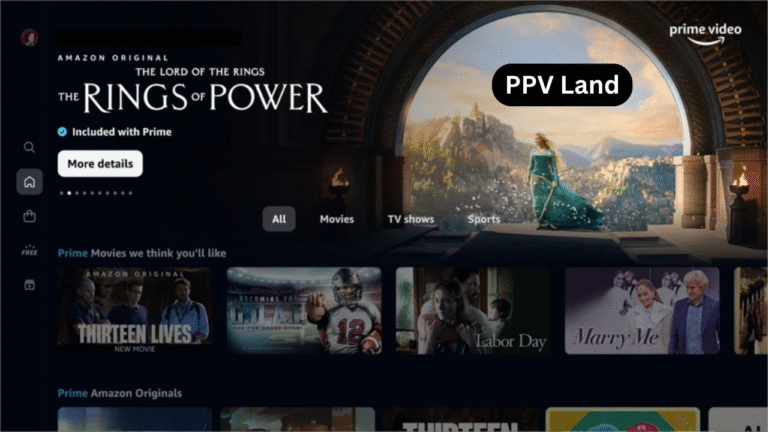
Geographical boundaries no longer apply to the media and entertainment industries. It doesn’t take long for streaming services, entertainment, movies, and music to go between nations. But unless it all makes sense to them, folks have to be glued together by language. The Arab world, rich in culture and with a gigantic audience, is the behemoth of the equation. This is why Arabic language translation services are so vital. They offer the ability for content providers to reach out to millions of audience members who long to be presented with stories in their own native language.
Global Entertainment Expanding Through Arabic
Arabic is spoken by more than 400 million people across the world. It is one of the languages that is growing the quickest on the internet, particularly on YouTube and Netflix. The main reason behind the spread of this language on these streaming platforms is because of increased speakers of Arabic.
The more they demand content in their native language, the more content is produced in the Arabic language. An entire region is reached once a television program or movie is translated into Arabic, not simply viewers in one nation. The dubbing is not just for understanding the story. It makes people feel like they are meant to watch the content.
Dubbing and Subtitling
Dubbing and subtitles are among the most powerful tools here. Subtitles are inexpensive and fast. They enable viewers to follow global news, live shows, and online videos. Dubbing, on the other hand, is better for films and cartoons where dialogue expresses strong feelings.
The choice between dubbing and subtitles typically depends on the target audience. For youngsters, dubbing works better as it allows them to observe without reading. Subtitles are enough for adults, especially for streaming platforms. In either case, translation ensures that every tale does not lose its sense as it enters the Arabic world.
Arabic Translation in Music and Online Content
Not only films and television shows are being translated. Music and the internet have been no exception. Arabic music is well-liked around the world, but foreign music is also gaining popularity. Arabic-translated lyrics allow fans to connect with the emotional depth of the music.
News Media and Arabic Translation
News is also among the strongest areas in which Arabic translation is crucial. International news, politics, and economic news are followed closely in the Arab world. Misinformation can be caused by incorrect translations, and even distrust.
This is where agencies like MarsTranslation come in. They insert quality controls so that any news does not lose its original intent. Speed and efficiency are essential in the media business too. Arabic translation fills this gap and provides timely updates with necessary information in real time.
Cultural Sensitivity in Arabic Entertainment
There are numerous dialects of Arabic; it is not a single language. Neither Gulf Arabic nor Egyptian Arabic are the same as the Arabic spoken in North Africa. These small distinctions are quite important in the entertainment industry.
Some productions employ specific dialects to make the content sound like it was meant for the audience. The translator does not merely replace words. He or she exists to extract the cultural feeling behind the words that makes the content become familiar to speakers of Arabic.
Technology and Arabic Translation for Streaming Platforms
Streaming providers including Netflix, Amazon Prime, and Disney+ have substantially invested in Arabic translation. With the use of technology and human translators, not only the process of translation fastens but also the accuracy of translation increases. AI software may speed up the work, but human translators polish the final result to make it seem real.
It is this balance that is necessary in Arabic translation. Technology may allow for fast delivery,but human beings keep alive the emotional content of stories.
Beyond Arabic: Connecting Other Languages
Media and entertainment sometimes need to be translated beyond Arabic. Take for example the instance where African and Middle Eastern productions are sometimes translating into English-speaking territories. In such instances, Somali to English translation services form part of the types of services helping producers disseminate their messages to wider populations. This means that translation does not proceed in one single direction. It is a system of interrelated languages, all serving to enable content to move freely across the globe.
Business Development Through Arabic Media
Arabic translation is not just about communication. It’s also about business development. Brands use entertainment platforms to peddle their products, typically by advertising in TV shows and streaming platforms. If these ads are not localized, they fail to resonate.
Companies that make Arabic translation investments build trust faster. Customers view advertisements in their native language and sense that the brand respects their culture. This produces increased interaction and long-term commitment.
Final Words!
Media and entertainment depend on language to bring individuals together. Arabic translation is the impetus for this coming together. It makes films, TV programs, music, and news come alive and be accessible and understandable to millions of Arabs. It also benefits producers and companies that want to appeal to a wider market.


